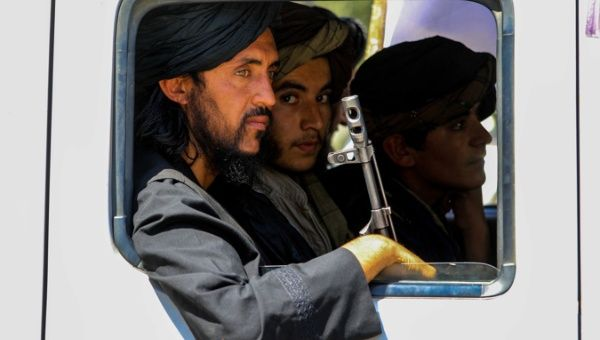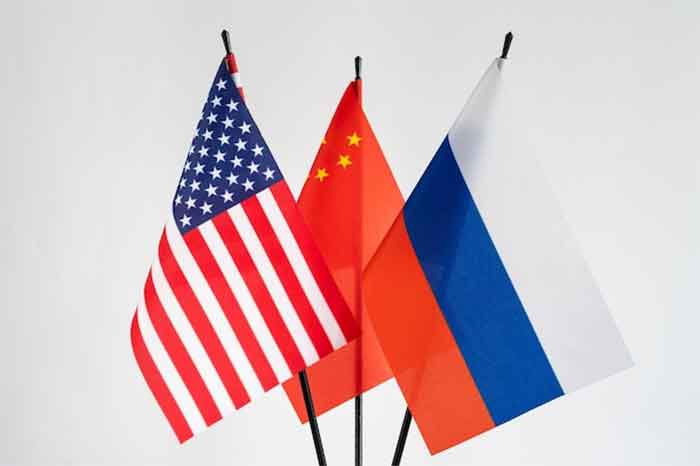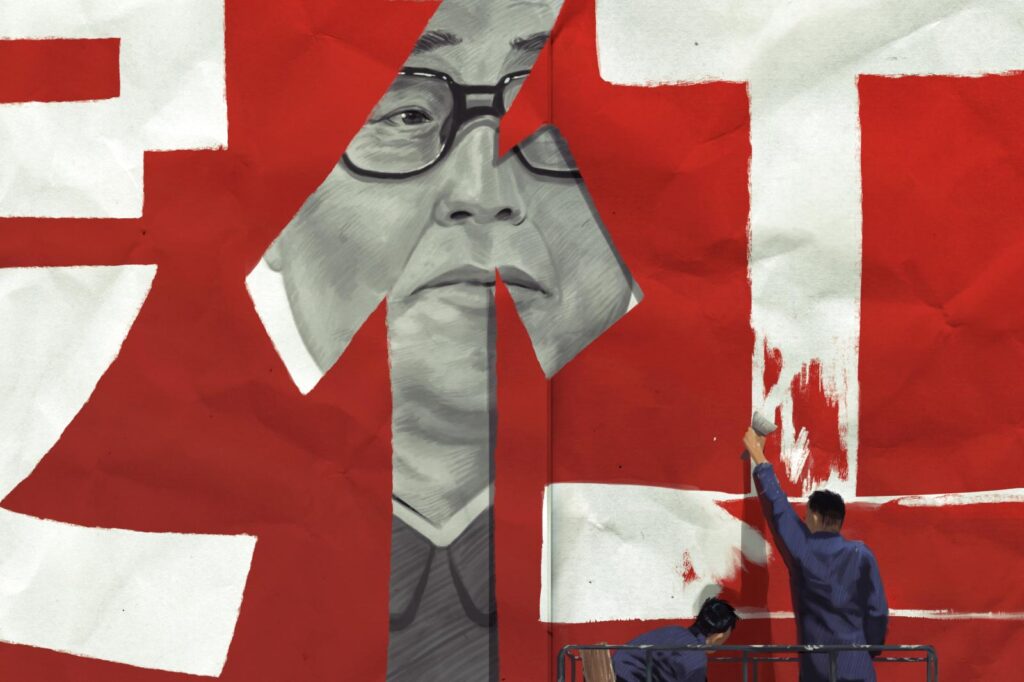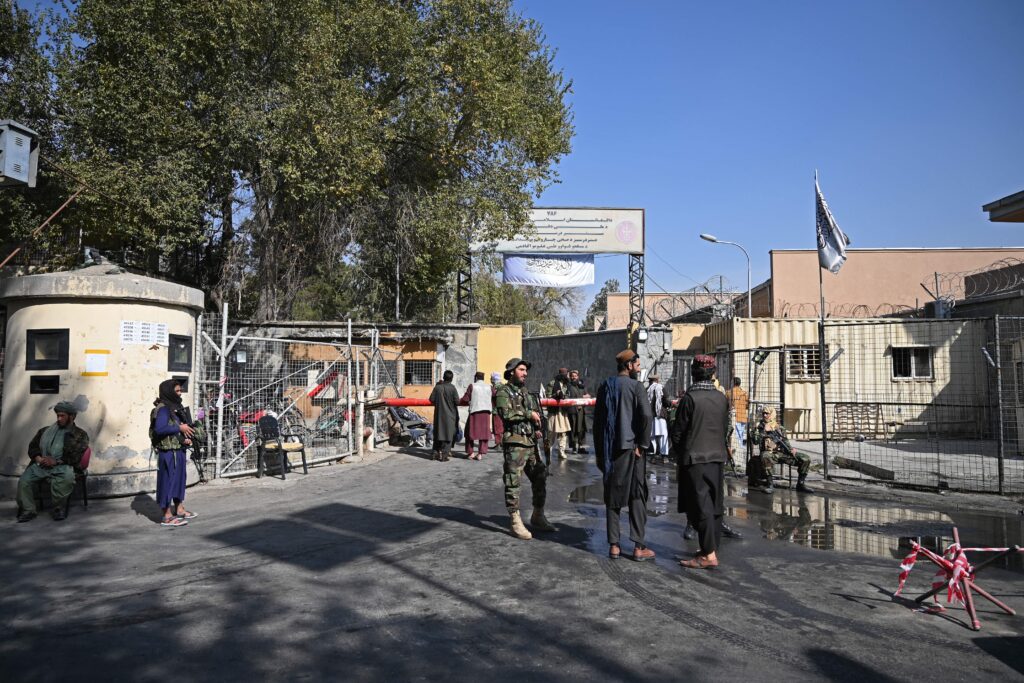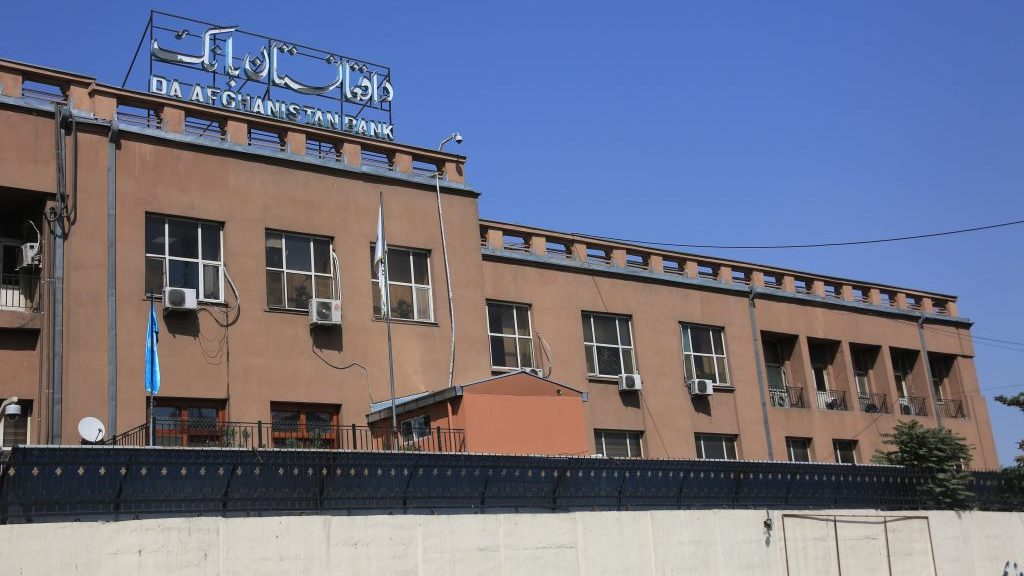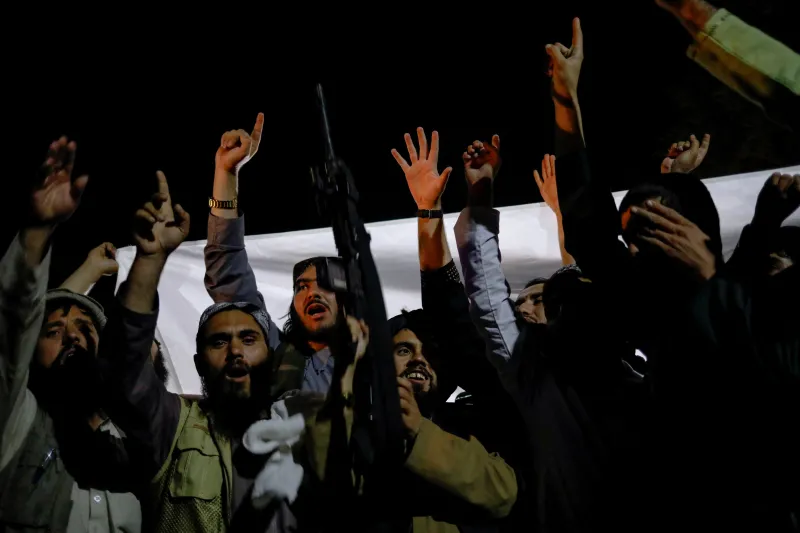Are Turkish drones complicating disputes in Central Asia?
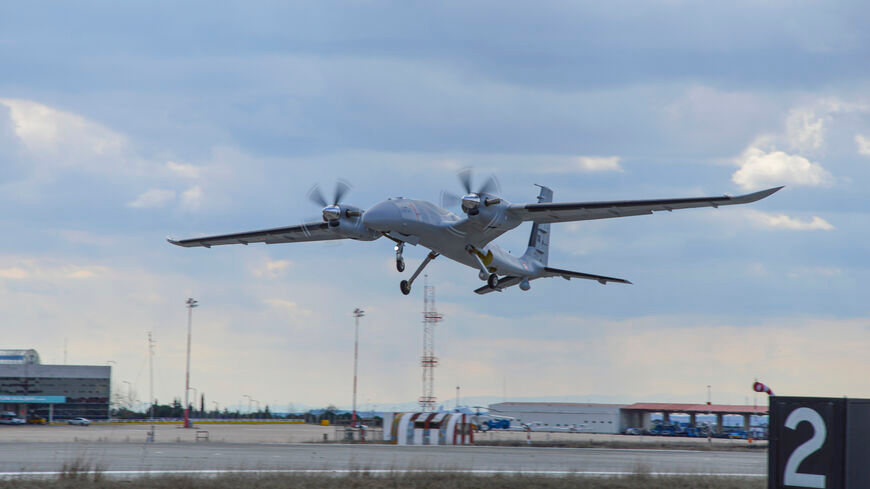
Kyrgyzstan’s use of Turkish drones in a border dispute with Tajikistan leaves Turkey in a tight spot on how to balance its ties in Central Asia, a region where it has long sought to expand its influence.
Turkey’s efforts to add strategic depth to its ties with Central Asia appear to have hit a stumbling block, albeit not a big one, amid controversy over Kyrgyzstan’s use of Turkish combat drones in border clashes with Tajikistan.

